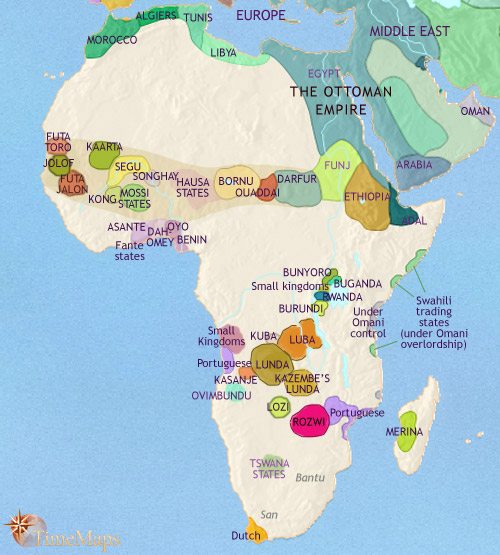Working Paper: Turkey in Africa: Voyeurism, Neo-Ottomanism and Islamic Humanitarianism
 Turkish influence in Africa has steadily proliferated after 1998. Yet, there is little reflection of the phenomenon in policy or academic circles. In 1998, Turkey’s Foreign Ministry drew up the nation’s ‘Africa Policy’ with an Action Plan document. The Africa Policy was aimed at expanding Turkey’s footprint on the continent, by cultivating diplomatic relations, and fostering political, economic and cultural cooperation. The Under Secretary of Treasury looked into boosting economic diplomacy in 2003. The Government of Turkey declared in 2005 that the subsequent year would be marked as the ‘Year of Africa’. A diplomatic onslaught ensued. Recep Tayyip Erdoğan (then Turkish Prime Minister) visited Ethiopia and South Africa in March 2005. Turkey campaigned for and obtained ‘observer status’ in the African Union (AU) in the same year. Soon after, in 2008, Turkey hosted the first-ever Turkey-Africa Cooperation Summit in Istanbul where representatives of 50 African countries participated. High-level bilateral exchanges took place between Turkish President Abdullah Gül and “delegations of forty-two countries". Later that year, the AU declared Turkey as a ‘strategic partner'. Turkey became the twenty-fifth non-regional member of the African Development Bank (ABD) in 2008. The ‘African Economic Outlook 2011’ prepared by the ADB and the Organisation for Cooperation and Development (OECD), portrayed Turkey as one of the new key players in Africa (China, India, and Brazil were also included).
Turkish influence in Africa has steadily proliferated after 1998. Yet, there is little reflection of the phenomenon in policy or academic circles. In 1998, Turkey’s Foreign Ministry drew up the nation’s ‘Africa Policy’ with an Action Plan document. The Africa Policy was aimed at expanding Turkey’s footprint on the continent, by cultivating diplomatic relations, and fostering political, economic and cultural cooperation. The Under Secretary of Treasury looked into boosting economic diplomacy in 2003. The Government of Turkey declared in 2005 that the subsequent year would be marked as the ‘Year of Africa’. A diplomatic onslaught ensued. Recep Tayyip Erdoğan (then Turkish Prime Minister) visited Ethiopia and South Africa in March 2005. Turkey campaigned for and obtained ‘observer status’ in the African Union (AU) in the same year. Soon after, in 2008, Turkey hosted the first-ever Turkey-Africa Cooperation Summit in Istanbul where representatives of 50 African countries participated. High-level bilateral exchanges took place between Turkish President Abdullah Gül and “delegations of forty-two countries". Later that year, the AU declared Turkey as a ‘strategic partner'. Turkey became the twenty-fifth non-regional member of the African Development Bank (ABD) in 2008. The ‘African Economic Outlook 2011’ prepared by the ADB and the Organisation for Cooperation and Development (OECD), portrayed Turkey as one of the new key players in Africa (China, India, and Brazil were also included).
This paper has been published as volume 145 of the ASCL Working Papers.
Author(s) / editor(s)
About the author(s) / editor(s)
Meera Venkatachalam was heading the Gandhi-Mandela Centre at the Observer Research Foundation, a well-known think tank in Mumbai (2017-2019). She is now an independent researcher.

